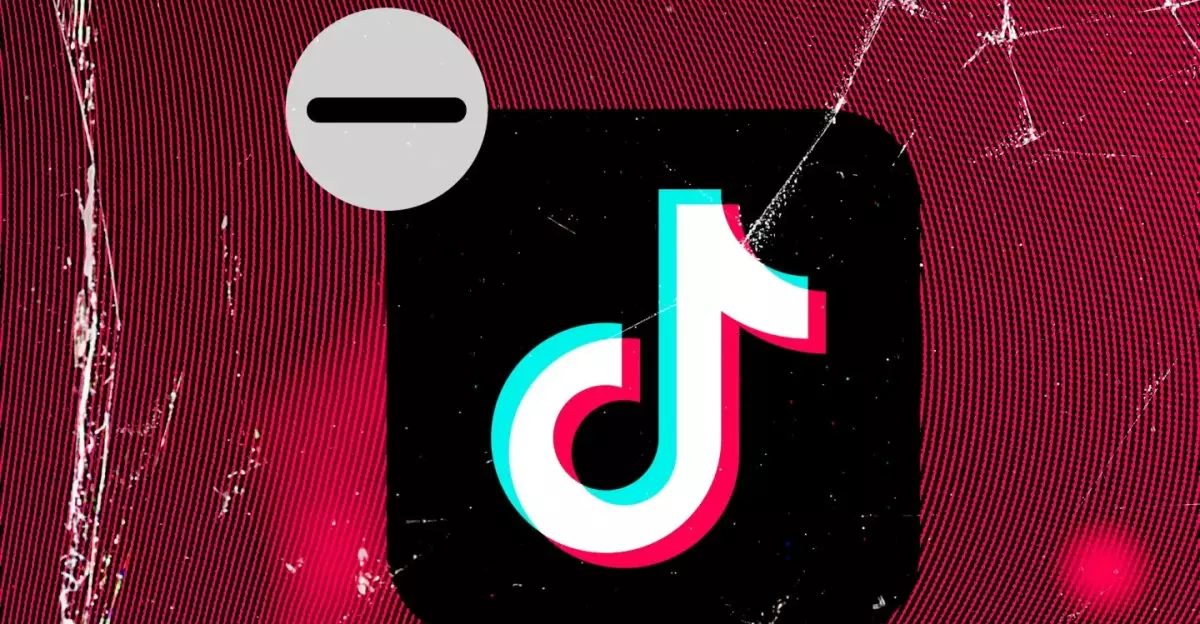The recent reinstatement of TikTok in Apple and Google’s app stores marks a pivotal moment in the ongoing saga of app regulation and geopolitical tensions surrounding digital data. The app, which has surged in popularity among young users worldwide, faced a ban in the United States that created uncertainty for its millions of American users. This decision stemmed from concerns regarding the app’s ownership by ByteDance, a Chinese company, which raised alarms about data security and potential misuse of personal information by the Chinese government. The app’s temporary removal from both the App Store and the Google Play Store in January was a direct response to U.S. governmental directive, led by an executive order from President Donald Trump aimed at curbing Chinese influence through technology.
Much of the contributing factors to TikTok’s reinstatement revolves around legal assurances provided by U.S. Attorney General Pam Bondi. By sending a letter to Apple, Bondi alleviated the pressure the tech giants faced concerning potential hefty fines they could incur for hosting an app associated with ByteDance. It highlights the intricate dance between corporate compliance and government regulations, which can drastically impact technology companies’ operational frameworks. Despite an executive order that paused enforcement for a set period, the anxiety surrounding penalties loomed large. The decision to remove TikTok showcased the tech companies’ precautionary approach within the volatile environment of American tech regulation.
Repercussions and Future Considerations
Even though TikTok is back, the underlying threat of regulatory actions has not disappeared. With Vice President JD Vance reportedly leading discussions for a potential sale of TikTok, one can anticipate significant negotiations ahead. Should these talks culminate in a successful acquisition by an American entity, it may serve to quell national security concerns but could also change the platform’s essence and user engagement dynamics. The future of TikTok, and potentially other apps facing similar scrutiny, will necessitate a balance between compliance with evolving regulatory landscapes and maintaining user trust.
The challenges presented by TikTok’s return exemplify broader themes within the app ecosystem as governments wrestle with how to handle foreign applications. With technology’s rapid evolution, countries are beginning to impose stricter regulations on services that collect large amounts of user data—especially those with foreign ownership. This scenario raises questions about the long-term viability of certain applications and whether tech giants will need to develop holistic strategies to mitigate risks associated with international app governance.
The reinstatement of TikTok is not just a tale of one app’s return but also a reflection of the powerful interplay between technology, law, and politics in today’s digital age. As users enjoy the resurrection of their beloved platform, stakeholders will need to remain vigilant and adaptive to the ever-changing landscape of app regulation and ownership in the future.

